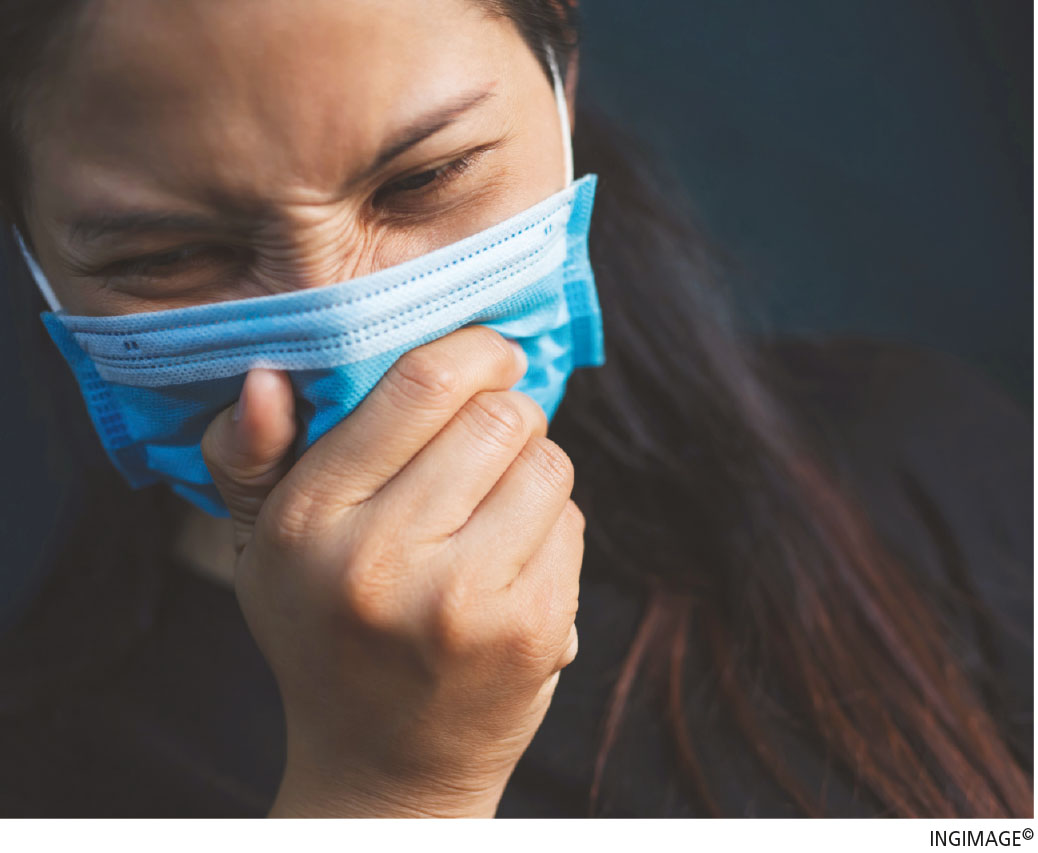EXECUTIVE HEALTH
POST-COVID CARE
BY Dr. Sanjiva Wijesinha

Despite Sri Lanka having lagged behind many countries in its vaccination programme earlier this year, the process gathered steam in the second half of 2021. Thanks to our military medical personnel and public health authorities, we’ve ensured that an appreciable proportion of the population is ‘double dosed’ against COVID-19 as we approach 2022.
About a third of those infected by the Delta variant of the virus are under 18 years. But the majority of younger people who’re infected are not as badly affected by COVID-19 as older folk are.
In other words, morbidity and mortality are not as high in youth compared to older people; and yet, the fact is that the younger ones remain effective spreaders of the virus. Ensuring that children and adolescents are vaccinated therefore, is of paramount importance.
We have seen horrors being wreaked by the Delta variant in neighbouring India. This strain of the coronavirus (there are at least nine known variants at present) is far more virulent than the Wuhan variant or any of the other four common strains.
As the mission to vaccinate Sri Lanka’s population proceeds apace, we expect our lives to return to what we used to consider ‘normal’ – or at least the ‘new normal.’
So what might be required of us in this post-COVID-19 world?
Firstly, similar to prevention of common diseases such as typhoid and tetanus, we will need to have regular booster doses of the latest vaccine that deals efficaciously with the virus and its new mutant strains.
How often this will need to be done remains to be seen. It may need to be every six months – like what was required to prevent cholera – or once every 10 years as is the case for tetanus; but booster vaccinations will become a fact of life.
Secondly, we will require ‘vaccination passports’ (not unlike the little yellow booklets we used to have stapled to our passports in the past), not only for international travel but also attendance at major events such as in sports stadia and hospitality or entertainment venues.
Similar to vaccination against Hepatitis B being required of healthcare workers such as doctors and nurses before they commence work in hospitals, evidence of effective COVID-19 vaccination will most likely be needed for many forms of employment. The criterion will simply be ‘No Jab, No Job.’
Thirdly, rapid onsite testing may become normal for entry to sports venues with spectators having to test negative before being allowed to enter and watch an international cricket match, for example.
Fourthly, health protocols such as wearing masks, hand sanitising and observing physical distancing wherever possible are here to stay… at least in the medium term.
And finally, despite our best efforts, we will have to tolerate a death rate that’s commensurate with the nature of this disease and its comorbidities, which include poorly controlled diabetes, preexisting lung disease or kidney and heart failure in people who contract COVID-19.
This pandemic has devastated our lives and livelihoods, both locally and abroad. The world needs unity of purpose rather than narrow-minded nationalistic attitudes to deal with and overcome this calamity.
There is no room for selfishness and cheap political posturing; nor should we prioritise the economy over the health of our people. I can only hope that all of us – political leaders as well as citizens – have learnt a lesson.





